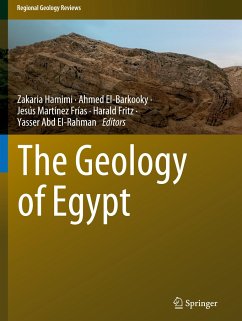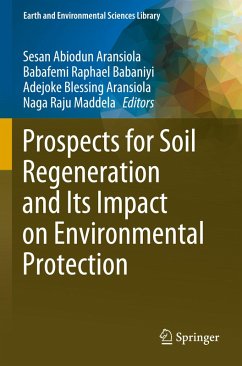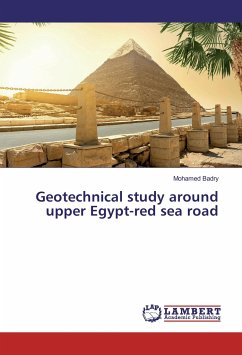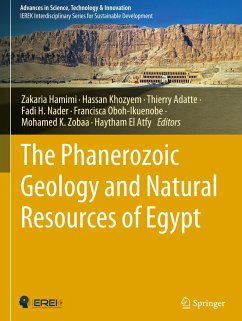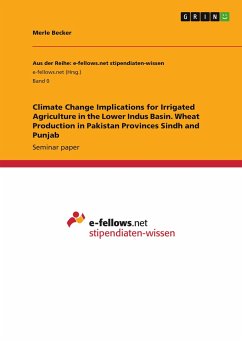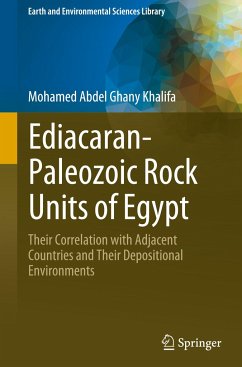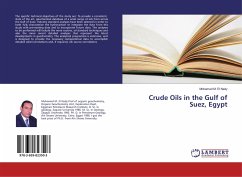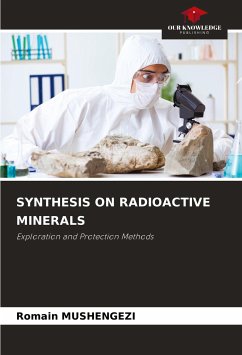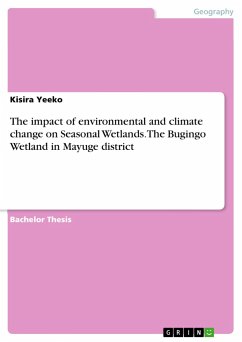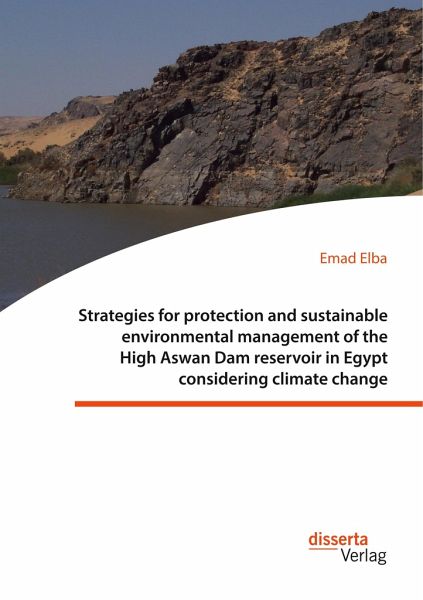
Strategies for protection and sustainable environmental management of the High Aswan Dam reservoir in Egypt considering climate change
Versandkostenfrei!
Versandfertig in 6-10 Tagen
54,99 €
inkl. MwSt.

PAYBACK Punkte
0 °P sammeln!
Egypt is vulnerable to climate change, especially with regard to its water and land resources. Climate change will increase the evaporation losses from the High Aswan Dam Reservoir (HADR) and lead to loss of land at the northern coast due to sea level rise. In order to tackle this problem, this book assesses several adaptation tools that could be used to mitigate some of these impacts. For instance, Egypt could optimize ist water resources by decreasing evaporation losses from the HADR, or it could maximize land resources by identifying new settlement sites especially for climate migrants from...
Egypt is vulnerable to climate change, especially with regard to its water and land resources. Climate change will increase the evaporation losses from the High Aswan Dam Reservoir (HADR) and lead to loss of land at the northern coast due to sea level rise. In order to tackle this problem, this book assesses several adaptation tools that could be used to mitigate some of these impacts. For instance, Egypt could optimize ist water resources by decreasing evaporation losses from the HADR, or it could maximize land resources by identifying new settlement sites especially for climate migrants from the northern coastal zones. Databases on the characteristics of the HADR such as meteorological, hydrological, topographic and bed soil sedimentary data were compiled. Based on these databases, up-to-date mathematical models were developed to describe the hydrological characteristics of the HADR. Several options for reducing evaporation losses and new settlement areas were discovered and evaluated. Essential measures to preserve these areas were presented to promote sustainable development in this region.






